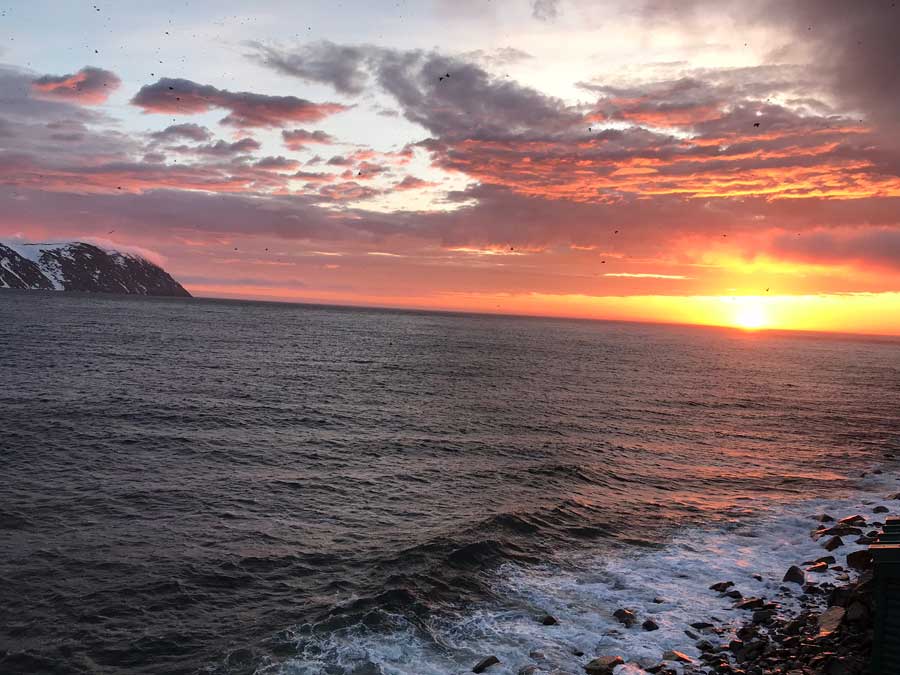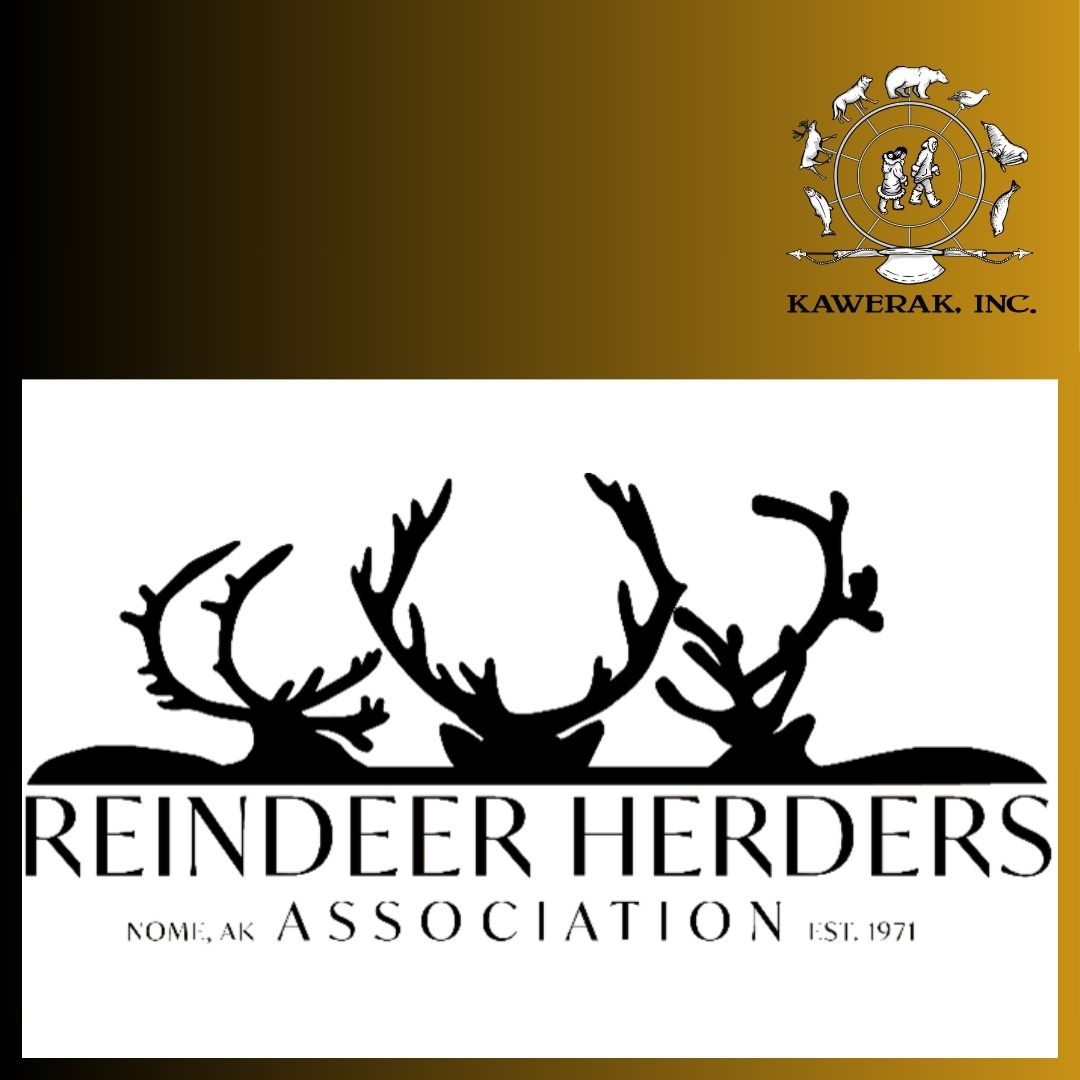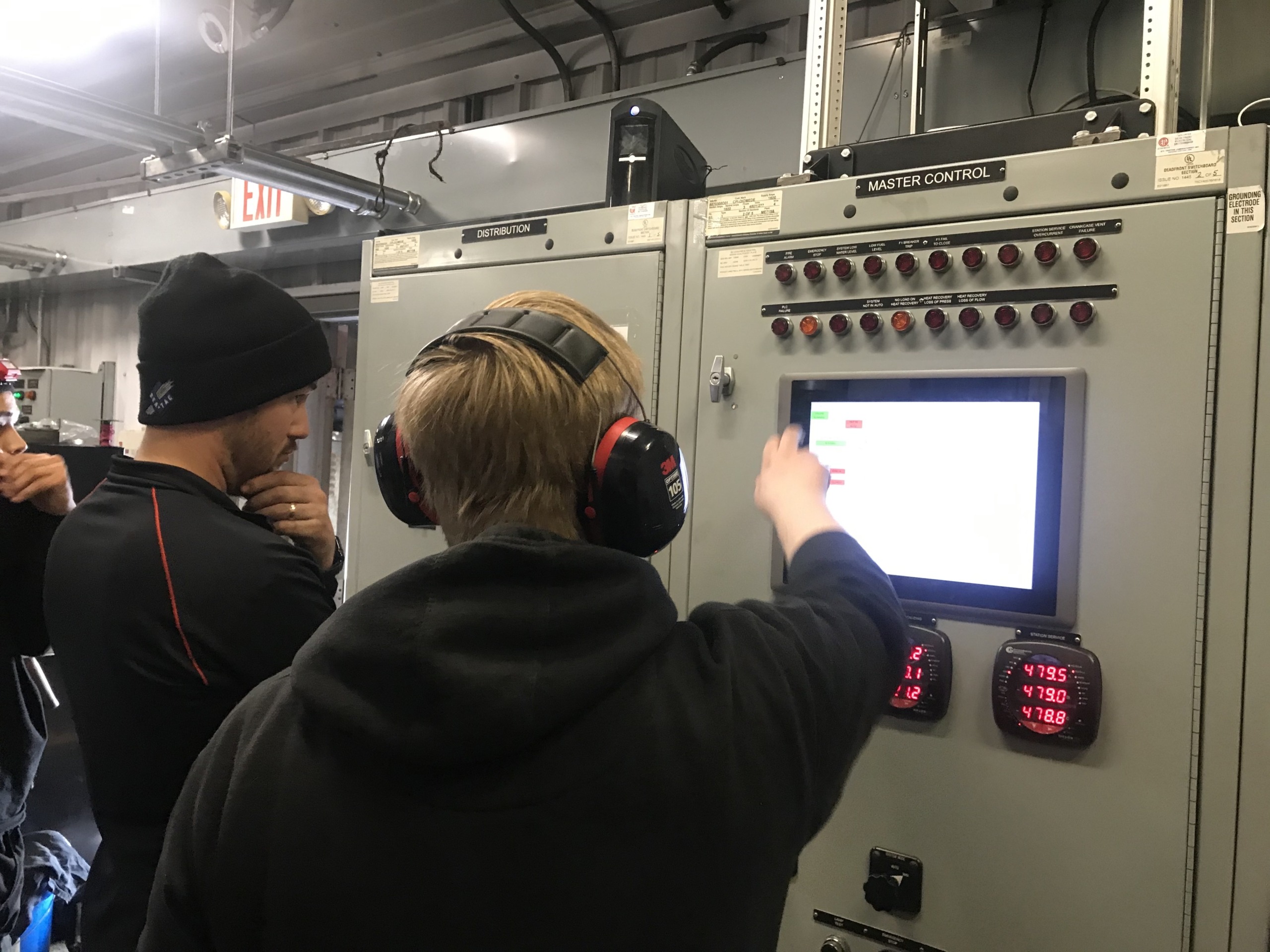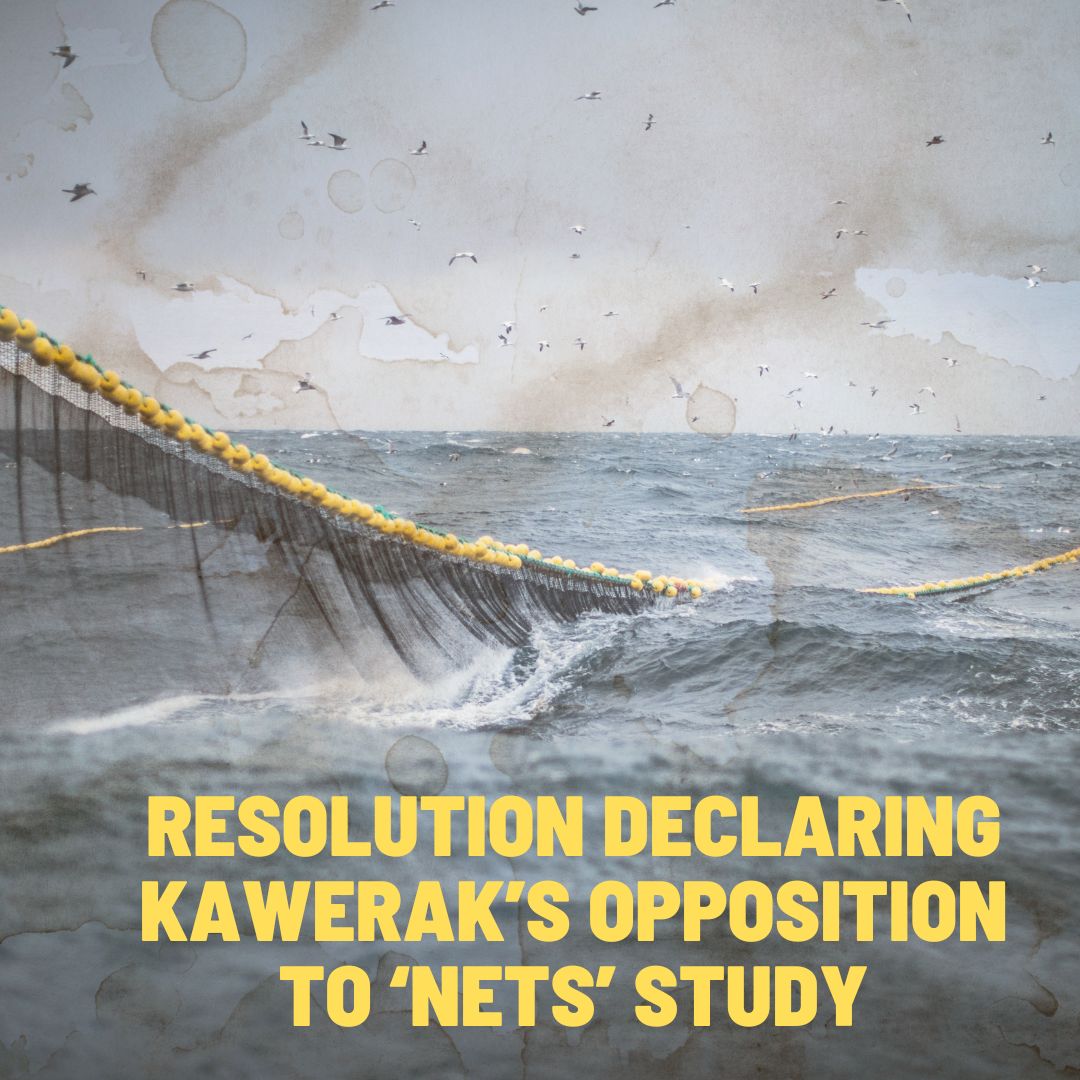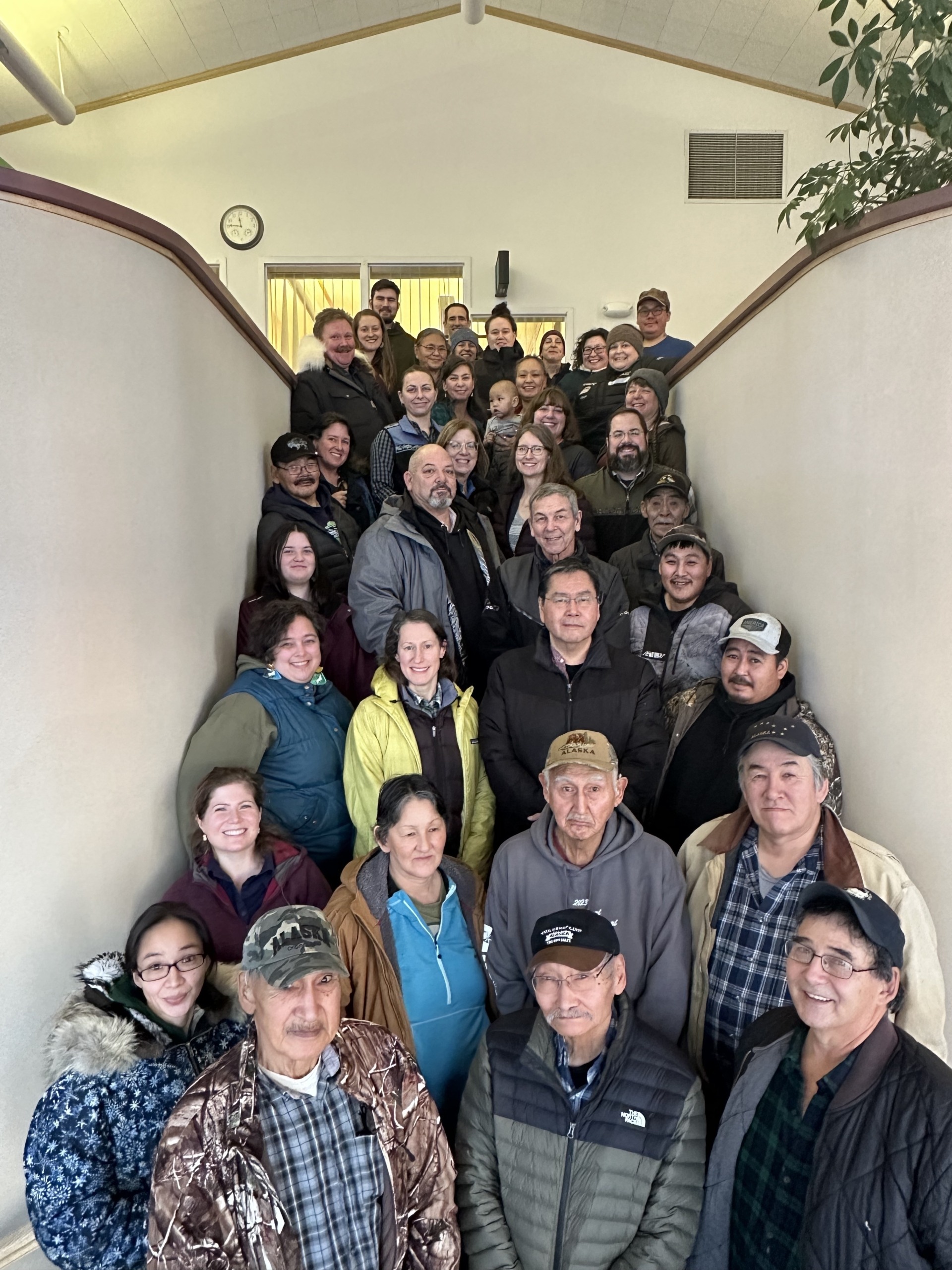On December 20, 2019 Kawerak Inc. released the following letter in response to the Arctic Shipping Federal Advisory Committee Act, S.2786.
RE: Arctic Shipping Federal Advisory Committee Act, S.2786
Dear Senator Murkowski,
Happy holidays and thank you for your service to Alaska. I am writing to inform you of concerns and recommendations that Kawerak has with the Arctic Shipping Federal Advisory Committee Act. Kawerak is the regional tribal consortium in the Bering Strait Region of Alaska, compacting with the federal government on behalf of 19 federally recognized tribes. We have engaged with our tribal leadership for over seven years on topics related to increased shipping in the arctic. Based on their direction, we offer recommendations to S.2786, and would appreciate the opportunity to work with your staffers to incorporate amendments that address the recommendations.
Broadly stated, the Act needs to be strengthened to address the critical needs of our changing Arctic homeland and to more adequately address the issues related to Shipping, Fishing, Oil and Gas, and Tribal Consultation. Kawerak respectfully requests that your office consider other legislation that enhances Arctic environmental stewardship, conserves Arctic biodiversity, truly supports and engages Alaska Native tribes, and incorporates traditional knowledge into decisions. The United States must be committed to partnerships with indigenous communities because we are facing severe climate change and potential ecosystem collapse. Below are more specific recommendations.
Shipping
Shipping is a national and international issue; however, the functions of the proposed Advisory Committee need to be better laid out to address planning and policy recommendations for the myriad issues that require attention such as: ballast water, underwater noise, marine mammal ship strikes, oil spills, wastewater, and impacts to communities, to name just a few. The function of the Advisory Committee appears to be tied to consideration of the seaway development corporation and does not address the suite of concerns Kawerak’s advocates have worked on locally, nationally, and internationally. Kawerak’s experience with shipping issues has required in-depth advocacy at the local, national, and international level, as well as one-on-one work with agencies that deal with those myriad issues.
Kawerak’s recommendation is to pair Arctic legislation to address shipping consistent with existing authorities within state, national, and international laws. Despite the tremendous bureaucracies, the regulatory checks and balances do work. The effects of shipping and vessel pollution on the marine environment are critical to understand and regulate and need to be incorporated into policy.
Fishing and Marine Mammals
Largescale commercial fishing has expanded into our homeland via catcher processors operating north of Saint Lawrence Island. Oftentimes those U.S. based catcher processors are not visible via Automatic Identification Systems (AIS) tracking and so our people are left not knowing who to contact if we are concerned about vessels operating in Areas to be Avoided or culturally or environmentally sensitive locations. Pelagic species moving into our homeland waters may represent the beginning stages of northern Bering Sea ecosystem collapses and we must prepare for that possibility with effective legislation that strives to conserve Arctic biodiversity. The Bering Sea cold pool disappeared in 2018[1]and does not appear to be showing signs that it will recover. The movement of fish species into our homeland waters is popularly seen as an economic opportunity but that may be a hasty notion. Sufficient evidence has not been established to advocate for northern Bering Sea high seas fisheries, yet they are taking place as we speak without the public, managing agencies, or Tribes knowing the full consequences of such fishing or what it means for the long term viability of, or impact on, the ecosystem. Northern fisheries management has resorted to much speculation as a measure of evidence with little to no long term scenarios or data about impacts to ESA listed species or impacts to subsistence resources. There is strong evidence that as our homeland waters warm they will become lessproductive[2]. Arctic and Saffron cod – both subsistence species – are tied to cold[3]productive waters and both have declined since 2010, as have a number of critical lower trophic species. The summer and winter crab harvest in the Bering Strait was poor this past year, for both subsistence and commercial users. Marine mammals and seabirds have experienced oil fouling[4],[5]. NMFS and USFWS- managed marine mammals have experienced three Unusual Mortality Events (UMEs) in Bering Sea waters[6]since 2011. Dangerous levels of novel Harmful Algal Blooms have showed up in our homeland waters[7]. Those and other yet unknown largescale ecosystem changes requires in-depth planning and action that will not be well-served by the proposed Advisory Committee structure in the Act.
Kawerak’s recommendation is to maintain and strengthen via Arctic legislation the current fishing prohibitions via the Bering Sea and Aleutian Island management area restrictions and to better manage the fisheries that are allowed. The U.S. must recognize that it is essential that the appropriate management measures are taken to ensure that the exploitation of fish stocks are ecosystem based and rationally made.
Source: National Marine Fisheries Service[8]
Oil and Gas
Kawerak recommends that Under the Outer Continental Shelf Lands Act, or under your authority that any future legislation to address Arctic shipping should include withdrawals of the Norton Bay,St. Matthew–Hall, Navarin, and Hope Basin planning areas from future oil and gas leasing to protect the regional ecosystem and coastal communities. Past oil exploration concluded there is little to no economically recoverable oil or gas quantities in any of the planning basins mentioned and withdrawing them will ensure the kind of protections that our region desires.
Tribal Consultation
The voice of Alaska Native tribes and the role of Traditional Knowledge in decision-making needs to include appropriate membership and representation by way of composition, and must incorporate guiding principles as to locations of meetings, public participation, how minority Tribal concerns will be resolved or, most importantly, the role of Tribal Consultation in the process.
The Bering Strait region is facing critical catastrophic environmental change. Kawerak staff have worked extensively to address community concerns and much work still remains to be done in relation to HFO phase out, ship air emissions, discharge, impacts to wildlife, impacts to communities, climate change, other yet-to-be-realized issues on the horizon. Those of us who live in the arctic need to have meaningful representation as arctic policies are developed. An ideal act would have more indigenous representation on an advisory committee so that we are not in the minority.
Conclusion
Extraordinary change is taking place in the northern Bering Sea. We are possibly looking at partial ecological collapses and people from our region are pleading for your help[9]. An ideal Arctic Shipping Advisory Committee Act needs to be nimble enough to address change and help future business or sustainable economies. The purpose of the Act is too broad; in essence, the Advisory Committee becomes the advisory body for the all of the “emerging opportunities” in Arctic Maritime Transportation. An ideal Arctic act would establish multiple advisory bodies or subcommittees to address the complex changes we are witnessing. The issue of maritime transportation is simply too broad an issue to be taken up by one body alone and in order to complete any significant tasks within the timeframe of 8 years as established in the termination section of the Act. Kawerak will provide additional input to Congress as this Act proceeds, and we request the opportunity to work with Congressional staffers to incorporate our recommended amendments.
As the arctic is increasingly drawing national and international attention, we are looking to our Alaska Congressional Delegation to ensure that the people who live in the arctic are included in policy-making that affects our people. We thank you in advance for your willingness to address our concerns and recommendations.
Sincerely,
Melanie Bahnke, PRESIDENT
Kawerak, Inc.
Download the full letter Arctic Shipping Federal Advisory Committee Act Letter from Kawerak
References:
[1]https://www.fisheries.noaa.gov/feature-story/scientific-teams-set-out-track-unprecedented-changes-eastern-bering-sea
[2]https://agupubs.onlinelibrary.wiley.com/doi/full/10.1029/2010JC006766
[3]https://www.boem.gov/sites/default/files/boem-newsroom/Technical-Announcements/2016/Chapter-5-Climate-Change—A-Tale-of-Two-Cods.pdf
[4]https://dec.alaska.gov/spar/ppr/spill-information/response/2012/18-stlawrence/
[5]https://dec.alaska.gov/spar/ppr/spill-information/response/2013/10-stlawrence/
[6]https://www.fisheries.noaa.gov/national/marine-life-distress/active-and-closed-unusual-mortality-events
[7]https://www.arctictoday.com/for-the-first-time-scientists-have-found-a-dangerous-toxin-from-algae-in-the-bering-strait-and-chukchi-sea/
[8]https://www.fisheries.noaa.gov/resource/document/alaska-inseason-management-annual-reports-north-pacific-fishery-management
[9]https://www.adn.com/opinions/letters/2019/12/11/letter-we-need-climate-action/

